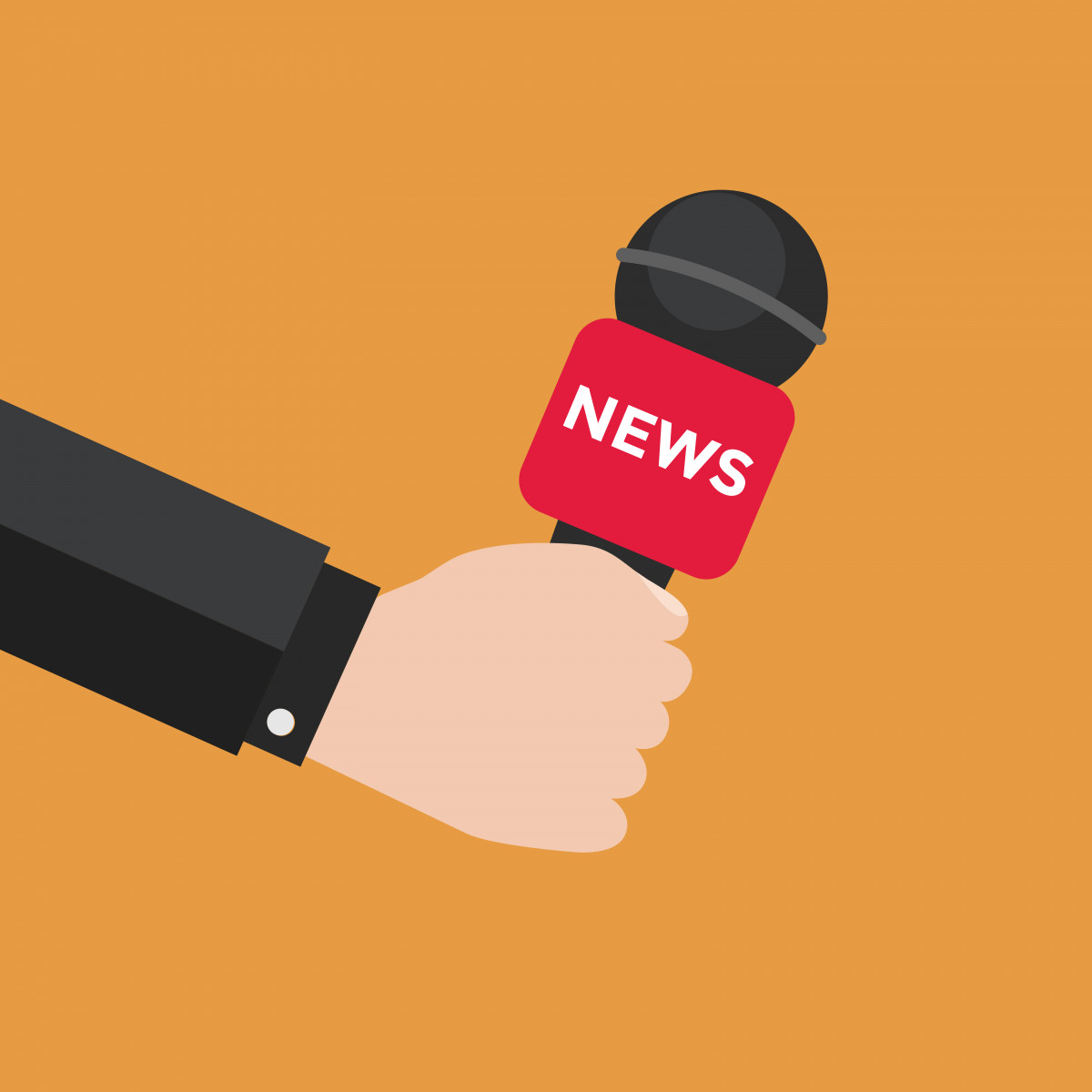NurOwn May Be Given to Early ALS Patients in US Who Finished Phase 3 Trial

BrainStorm Cell Therapeutics has opened an expanded access program (EAP) in the U.S. to allow certain amyotrophic lateral sclerosis (ALS) patients to gain access to its investigational cell-based therapy NurOwn.
EAPs, also known as compassionate use programs, are intended to make investigational therapies available outside of a clinical trial to people whose serious or life-threatening conditions have few or no adequate treatments, when the therapy’s benefits are thought to outweigh potential risks.
Developed in partnership with the U.S. Food and Drug Administration (FDA), the program will allow clinicians to prescribe NurOwn, at no cost, to ALS patients who completed the therapy’s pivotal, placebo-controlled Phase 3 trial (NCT03280056) and who meet specific eligibility criteria.
Those with less advanced disease — as measured by the ALS Functional Rating Scale (ALSFRS-R) — will be the first to receive the treatment. This decision was based on the trial’s top-line data, which showed a superior treatment response in people in earlier stages of ALS.
Detailed, full data are expected to be presented at upcoming scientific conferences, and published in a peer-reviewed scientific journal.
“We are pleased to have the opportunity to treat additional patients with NurOwn through this Expanded Access Program, which was strongly advocated for by members of the ALS advocacy community,” Chaim Lebovits, BrainStorm’s CEO, said in a press release.
“We recognize the urgency with which people with ALS want and need access to new potential treatments. This EAP is an important next step to providing an immediate option for some patients,” Lebovits added.
Fred Fisher, president and CEO of The ALS Association’s Golden West Chapter, said that “enabling early access, while the data review continues, is an extraordinary gesture of support and compassion for those living with ALS, and reflects an understanding of the ALS community’s urgent need for an effective therapy.” The Golden West Chapter represents the largest ALS community in the U.S.
“I applaud Brainstorm for taking this important step, and I look forward to learning the results of their full data analysis,” Fisher added.
Lebovits emphasized that BrainStorm remains committed to “rapidly advancing NurOwn through clinical development and regulatory review in the hope that the greatest number of people living with ALS may benefit.” The EAP will not interfere with data or regulatory timelines.
NurOwn involves collecting mesenchymal stem cells (MSCs) from a patient’s own bone marrow, and expanding and maturating them into cells that produce high levels of neurotrophic factors — molecules that promote nervous tissue growth and survival. MSCs are stem cells that can generate a variety of other cell types.
The mature cells — called MSC-NTF cells — are then injected into the patient’s spinal canal to promote and support nerve cell repair. Using a patient’s own cells minimizes the risk of an immune reaction, as might occur with cells from a donor.
NurOwn has been designated an orphan drug in both the U.S. and European Union, and given to fast track designation in the U.S.; all help to speed its clinical development and review.
After promising Phase 2 results in people with fast-progressing ALS, BrainStorm launched a Phase 3 trial to confirm NurOwn’s benefits in a larger patient population.
The Phase 3 study evaluated the therapy’s safety and effectiveness in 189 people with rapidly progressing ALS, who were randomly assigned to a total of three injections of either NurOwn or a placebo, given directly into the spinal canal, every other month.
Patients were recruited at six clinical sites in the U.S.: three in California, two in Massachusetts, and one in Minnesota. NurOwn will be available under the EAP at these six centers.
Top-line data showed that a greater proportion of NurOwn-treated patients (34.7%) had a slower disease progression — as assessed with the ALSFRS-R — compared with those given a placebo (27.7%).
However, this difference did not reach statistical significance. This was mainly due to unexpectedly good placebo group responses, exceeding those reported in other ALS trials, the company reported.
Also, no significant group differences were observed in ALSFRS-R score mean changes over the seven months of treatment (-5.52 in the NurOwn group vs. -5.88 in the placebo group), meaning that the trial failed to meet both its main and secondary effectiveness goals.
However, greater treatment responses were seen in a pre-specified group of participants with less advanced disease.
In this group, 34.6% of those given NurOwn showed a slower disease progression, compared with 15.6% of those in the placebo group. In addition, the mean decline in the ALSFRS-R total score was 1.77 with NurOwn and 3.78 with a placebo — reflecting a 2.01-point improvement with the cell-based therapy.
Differences between these groups were also not statistically significant, but they were considered clinically meaningful. Based on these positive findings, BrainStorm is actively working with the FDA to identify regulatory pathways that may support NurOwn approval as an ALS treatment.
Biomarker analyses also confirmed that NurOwn was driving its intended biological effects. Its use significantly increased the levels of neurotrophic factors, and dropped those of neurodegenerative and neuroinflammatory biomarkers, in patients’ cerebrospinal fluid — a finding not observed among placebo patients. (The cerebrospinal fluid is the liquid that surrounds the brain and spinal cord.)
“This expanded access program is an appropriate and welcome next step in following up the exciting results of the Phase 3 study; it is widely anticipated and deeply appreciated by our ALS patients,” said Robert Brown, MD, PhD, one of the trial’s principal investigators.
Brown is also the Leo P. and Theresa M. LaChance chair in medical research, and chair of the neurology department at University of Massachusetts Medical School and UMass Memorial Medical Center.
NurOwn will initially be manufactured by the Dana Farber Cancer Institute, assisted by on-site BrainStorm personnel.
BrainStorm also is evaluating NurOwn as a potential therapy for other neurodegenerative diseases, such as multiple sclerosis, Parkinson’s disease, Huntington’s disease, as well as for autism spectrum disorder.






